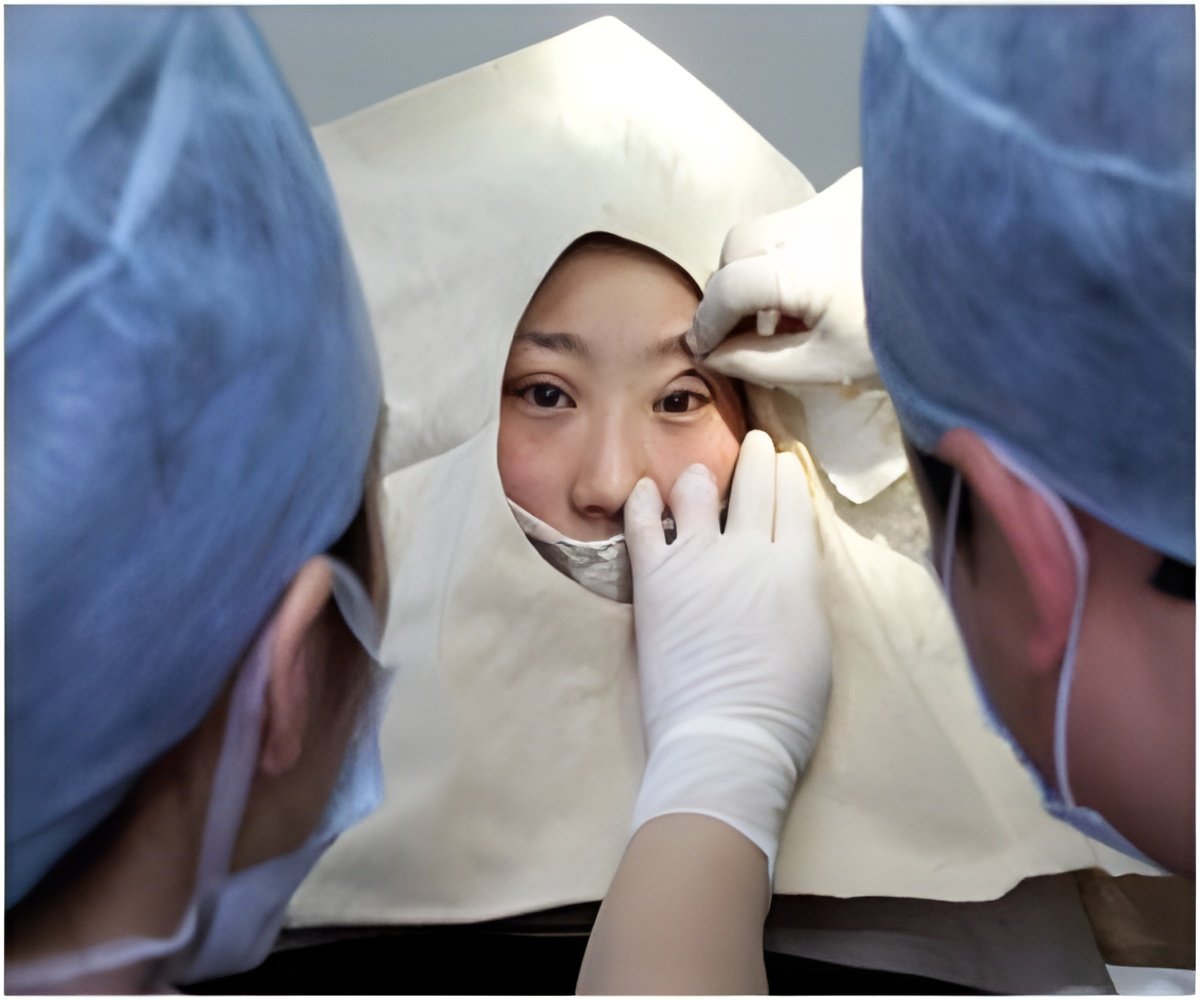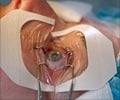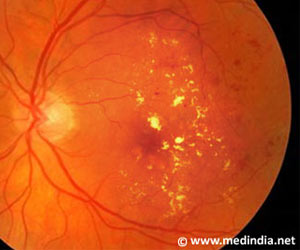
The retina converts images into electrical signals that can be processed by the brain. It acts much like the film in a camera. Retinitis pigmentosa damages this film (the retina) and its early symptoms include decreased night vision and peripheral vision. Once it starts, the loss of vision is relentlessly progressive, often ending in blindness.
UTHealth's Stephen P. Daiger, Ph.D., and his colleagues report their discovery of a new gene tied to retinitis pigmentosa, which brings the total of genes associated with this sight-threatening disease to more than 60. The gene is called hexokinase 1 (HK1).
Richard S. Ruiz, M.D., professor of ophthalmology and holder of the John S. Dunn Distinguished University Chair in Ophthalmology at UTHealth, said that Daiger is trying to make a breakthrough in potentially blinding diseases with no known treatments.
There are different types of retinitis pigmentosa and Daiger's laboratory is focused on the autosomal dominant type. This means that only one parent needs the mutation in order to pass the disease to a child and this type accounts for about a third of all cases and many of its disease-causing genes have been discovered, several by Daiger's research group.
Daiger said that the story of the HK1 mutation is itself interesting and what they found is a mutation present in families from Louisiana, Canada and Sicily. Their evidence suggests the mutation arose in a common ancestor who lived centuries ago and the mutation spread in Europe and North America, and may be common among Acadians in Louisiana. This is called a founder mutation.
Advertisement
Source-ANI















